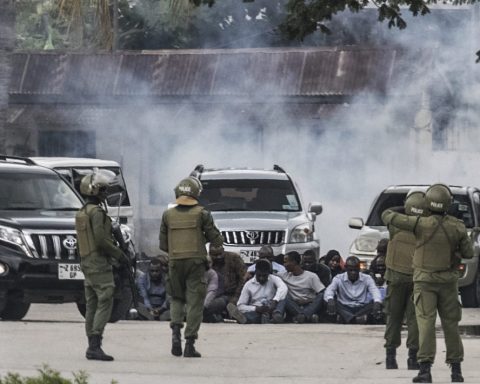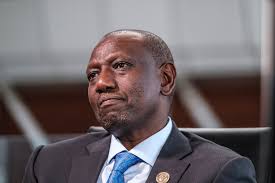Foreign passengers flying in and out of Tanzania will pay more for tickets beginning November 1, 2025, after the government introduced a new aviation levy aimed at strengthening border security.
The Tanzania Civil Aviation Authority (TCAA) confirmed it will charge a Passenger Facilitation Fee of $45 on one-way international tickets and $90 on return trips.
Join our WhatsApp ChannelThe levy will be collected by airlines at the point of sale and displayed separately on tickets. Infants under two years old, airline crew, and passengers rerouted against their will will be exempt.
The aviation authority says the funds will finance the installation and maintenance of two new security systems: an Advance Passenger Information System (APIS) and an electronic Border Control System (eBCS). Both are designed to transmit passenger information to authorities before arrival, enabling pre-screening and faster clearance at airports.
“Given the cost associated with implementation of this project, including but not limited to data processing, system modernisation and compliance with data privacy and cyber security standards, reliance on government financing is costly and may not be sustainable,” TCAA said in a statement.
“Introducing the fee for APIS/eBCS ensures the system remains efficient, secure, and financially sustainable.”
The regulator stressed that travellers who cancel their trips or fail to use purchased tickets will receive a full refund of the fee.
However, some aviation experts have questioned the size of the new levy. “The actual cost of providing these services is nowhere near as high as is being levied,” aviation analyst Sean Mendis told
The EastAfrican.
READ ALSO: Tanzania’s Prime Minister Kassim Majaliwa Bows Out Of Politics
“It is no doubt being used as a general revenue-raising initiative under the cover of security.”
The African Airlines Association has also warned that rising aviation taxes across the continent risk undermining efforts to make air travel more accessible and affordable.
The new fee comes just months before Tanzania enforces another mandatory charge: a $44 travel insurance policy for all foreign visitors, scheduled to take effect in January 2026. That policy will cover health emergencies, repatriation, accidents, baggage delays, and theft. Citizens of the East African Community (EAC) and the Southern African Development Community (SADC) will be exempt.
Tourism operators fear the cumulative charges could affect arrivals. “Between their mandatory insurance and this new VI tax, it could be over $200 more expensive to travel on vacation to Tanzania in 2026 than in 2024,” Mendis said. “I suspect they will see an impact on their overall discretionary travel growth once all of them are implemented.”
Tourism is one of Tanzania’s largest foreign exchange earners. Analysts say the government is trying to balance the need for tighter security and modernised border systems with the risk of pricing the country out of an increasingly competitive regional tourism market.













